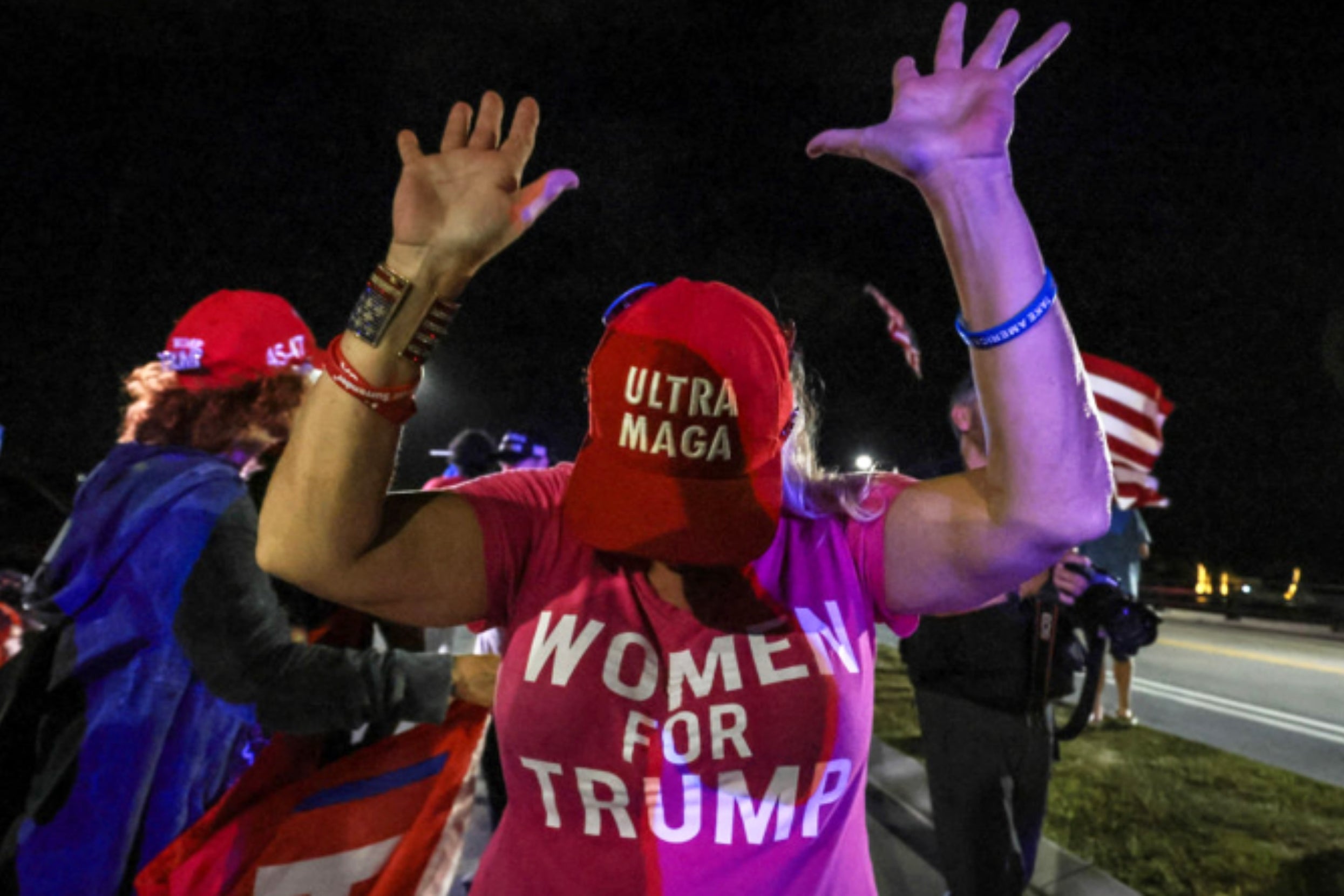Usha Vance finds herself at the center of political and personal scrutiny as her husband, JD Vance, a U.S. Senator from Ohio, climbs the ranks of conservative politics. Following his selection as Donald Trump’s running mate, Usha has faced criticism for her alignment with a figure she once publicly denounced. This situation raises questions about her ambitions and the compromises she makes in the pursuit of power.
Educated at Yale and Cambridge, Usha Vance left her prestigious position at a Washington, D.C. law firm on the same day her husband was nominated, marking a significant shift in her career trajectory. As she accompanies him on the campaign trail, her transition from a former Democrat to a supporter of Trump has garnered attention, especially considering JD’s past description of Trump as “America’s Hitler.”
During a recent event at the University of Mississippi, JD Vance expressed a desire for Usha, who was raised in a Hindu household, to convert to Christianity. His comments sparked backlash, including criticism from a right-wing Canadian commentator who highlighted the inappropriateness of publicly undermining Usha’s faith for political acceptance.
In response, JD labeled the criticism as “disgusting” and “anti-Christian bigotry,” indicating the contentious environment surrounding their alliance. Usha Vance’s reaction to these developments remains unclear, but it raises the question of whether she experiences any doubts about her role in this political landscape.
While Usha has embraced her husband’s political ambitions, she has not undergone the physical transformations commonly associated with those in Trump’s inner circle, including what some refer to as the “Mar-a-Lago face.” In an interview with The Free Press in April 2023, Usha stated that she has no intention of dyeing her naturally greying hair, emphasizing that appearance does not seem to be a concern for her.
The juxtaposition of Usha’s ambitions with her husband’s controversial positions suggests a complex dynamic. While she is seen as a driving force behind JD’s rise, her willingness to navigate the treacherous waters of modern American politics raises questions about her priorities.
Usha Vance is not a passive figure; she is actively participating in a political narrative that some view as contributing to a broader shift towards autocracy and bigotry in the United States. As she balances personal beliefs with public expectations, one cannot help but wonder if she grapples with moments of doubt regarding her choices and the implications for her future.
The complexities of Usha Vance’s situation illustrate the intricate interplay between personal ambition and political allegiance within the current climate. As she continues to support her husband, the evolving nature of her identity and beliefs will likely remain a focal point in discussions about their shared political journey.







